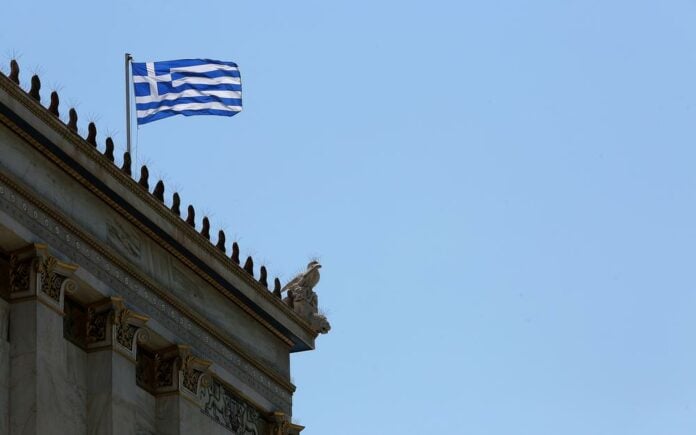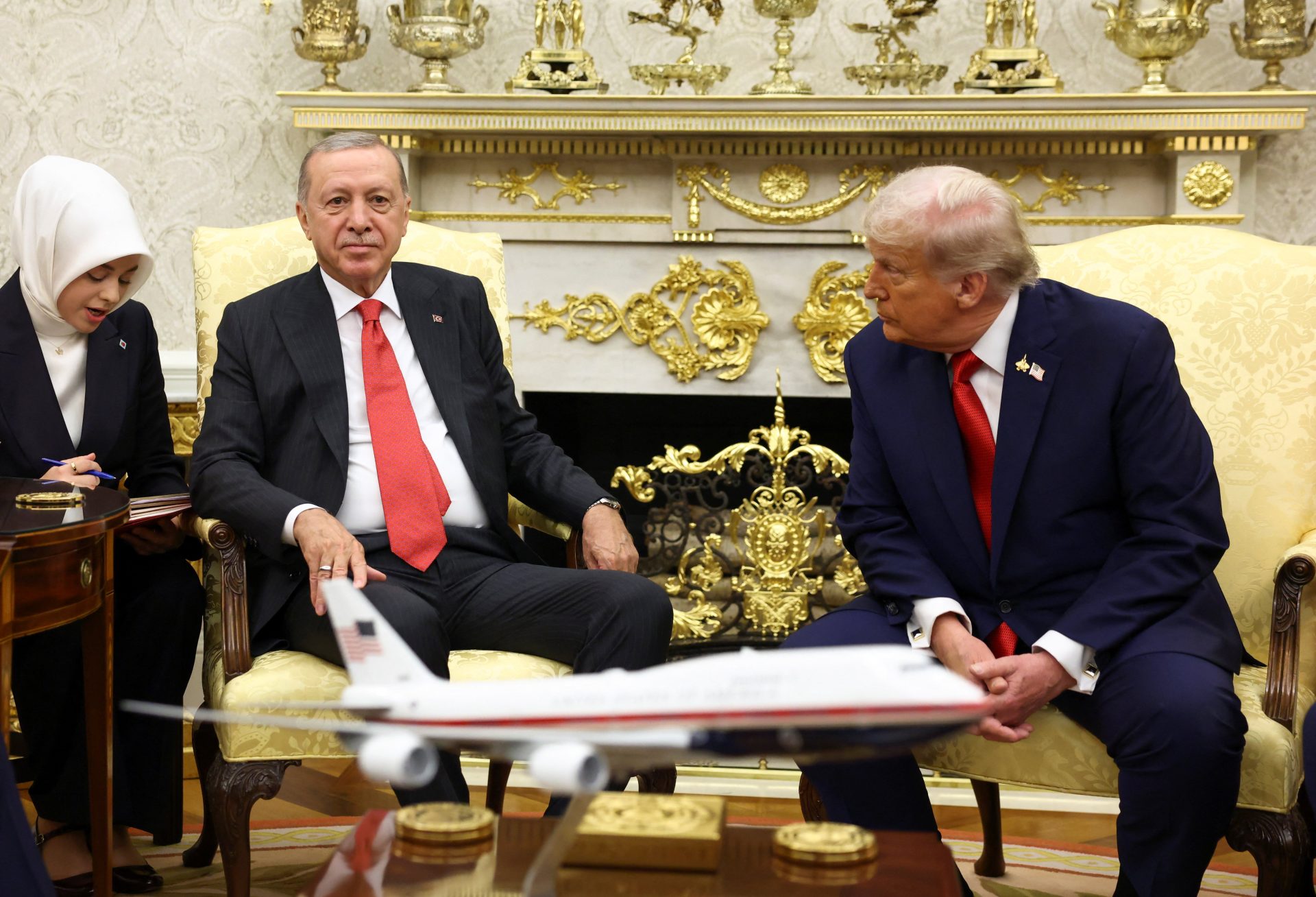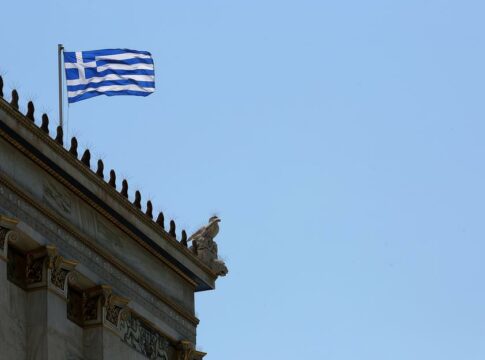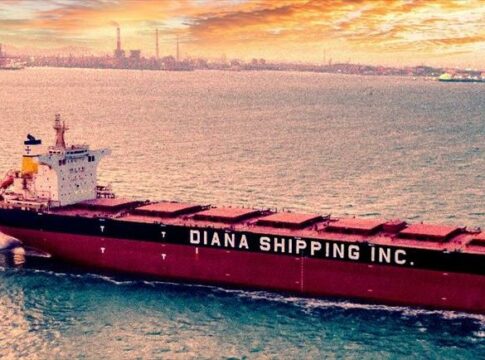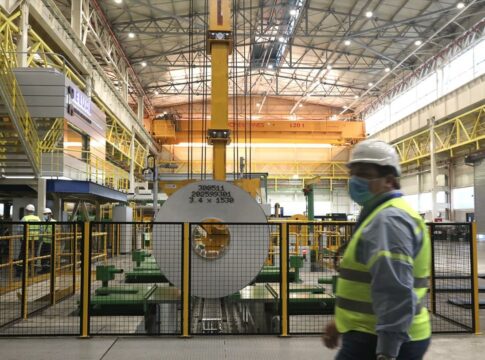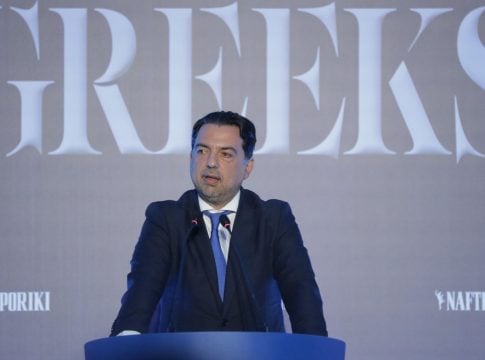The economic staff has been on alert due to developments in the Middle East, but after the US involvement in the Israel-Iran war pressure has been intensified.
Eyes are turned on the effects that developments will have on energy prices, product prices as well as the current account balance.
The uncertainty escalates and the Ministry of Finance is already working on scenarios to deal with any issues that may arise due to the Middle East, as no one yet knows how things will develop. The government stated that, depending on developments, it will support vulnerable social groups.
The rise in oil triggers increases in fuel – products
Since the start of the Israel – Iran war, international rating agencies have tried to predict the course of oil prices in the event that the Strait of Hormuz is closed. Some estimate that the price of oil could reach 120 US dollars per barrel, others see it at 90 dollars.
But it is not just the price of black gold. It is the consequences it will have on both fuel prices and products. Motor fuels at gas stations are already being sold more expensively and this is expected to continue. Inflation rose to 2.5% in May from 2% in April due to a rise in prices for basic food items, electricity bills by 18%, natural gas by 11.1% and rents by 10.9%.
However, there are also fears about electricity prices, with the price of natural gas on the Dutch Stock Exchange following an upward trend. Greece is energy-secure, Environment and Energy Minister Stavros Papastavrou told Ertntews, adding that the US involvement in the Israel-Iran war “opens a new chapter in the already volatile landscape of the region.”
Regarding what is to come in the energy sector, he noted that “Greece is part of a global economic system, a global energy system, and obviously any major global instability affects us.”
Concerns about tourism – investments
Another critical front is tourism, as the reduced arrival of tourists from Israel and possibly from other countries will have consequences as we enter the heart of summer. Already, visits from Israel seem to be decreasing, while no one yet knows whether tourism in our country will be affected in general.
The extension of the crisis reinforces uncertainty in trade flows, increases costs and leads to delays. One risk is therefore the reduction in Greek exports combined with shortages of raw materials and increased prices.
International uncertainty does not leave investments unaffected, as in such periods investors seem to turn particularly cautious.


